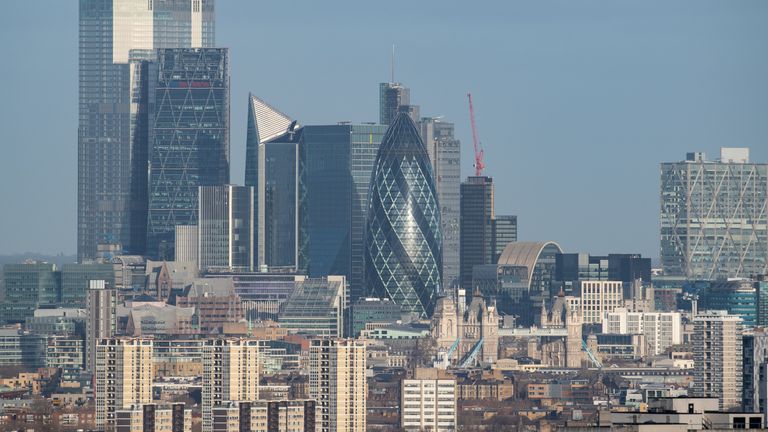Deliveroo has blamed “volatile” market conditions as it knocked nearly £1bn off the top end of its expected stock market valuation.
The takeaway delivery firm is lining up a much-anticipated initial public offering (IPO) in London, which it had said would see it valued at between £7.6bn and £8.8bn.
But it disclosed on Monday that it had narrowed the price bracket for the shares at the lower end of that range, between £7.6bn and £7.85bn.
However, the Deliveroo listing is still on course to be the biggest London IPO since Glencore in May 2011 and the company said it had received “very significant demand”.
Last week, some of the City’s biggest fund managers, including Legal & General and Aviva, said they would shun the flotation, citing concerns about Deliveroo’s business model and employment practices and the wider gig economy.
The loss-making company’s dual-class share structure, which will give founder Will Shu more control over the company relative to his shareholding than other investors, has also attracted controversy.
Meanwhile, some recent other tech floats have fizzled out, with shares falling below their IPO price.
Deliveroo’s share price range, which had been set at between £3.90 and £4.60 per share, will now be between £3.90 and £4.10.
A Deliveroo spokesman said: “Deliveroo has received very significant demand from institutions across the globe.
“The deal is covered multiple times throughout the range, led by three highly respected anchor investors.
“Given volatile global market conditions for IPOs, Deliveroo is choosing to price responsibly within the initial range and at an entry point that maximises long-term value for our new institutional and retail investors.”
Susannah Streeter, senior investment and markets analyst at Hargreaves Lansdown, said: “By narrowing its target range, Deliveroo is trying to make sure it doesn’t hit a bump in the road as it begins its journey on the stock market.
“It’s likely initial orders for the IPO have come in nearer the bottom of the target range, and by setting its sights nearer those prices, it is managing expectations on its ride to listed status.
“It may be blaming volatile market conditions for the move, but the rejection of the IPO by a slew of institutional investors is likely to also have caused some concern at the delivery company.”








